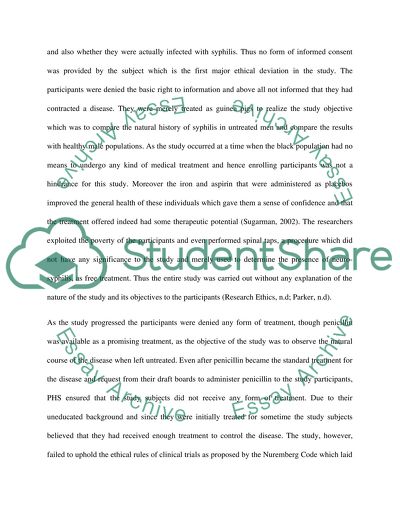Cite this document
(“Ethics Essay Example | Topics and Well Written Essays - 750 words - 6”, n.d.)
Ethics Essay Example | Topics and Well Written Essays - 750 words - 6. Retrieved from https://studentshare.org/health-sciences-medicine/1460790-ethics
Ethics Essay Example | Topics and Well Written Essays - 750 words - 6. Retrieved from https://studentshare.org/health-sciences-medicine/1460790-ethics
(Ethics Essay Example | Topics and Well Written Essays - 750 Words - 6)
Ethics Essay Example | Topics and Well Written Essays - 750 Words - 6. https://studentshare.org/health-sciences-medicine/1460790-ethics.
Ethics Essay Example | Topics and Well Written Essays - 750 Words - 6. https://studentshare.org/health-sciences-medicine/1460790-ethics.
“Ethics Essay Example | Topics and Well Written Essays - 750 Words - 6”, n.d. https://studentshare.org/health-sciences-medicine/1460790-ethics.


